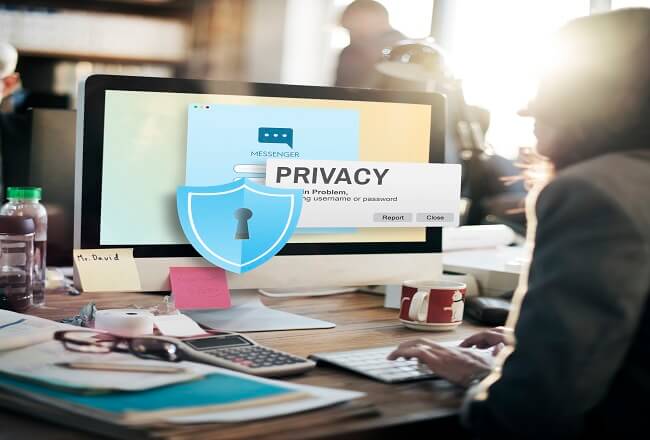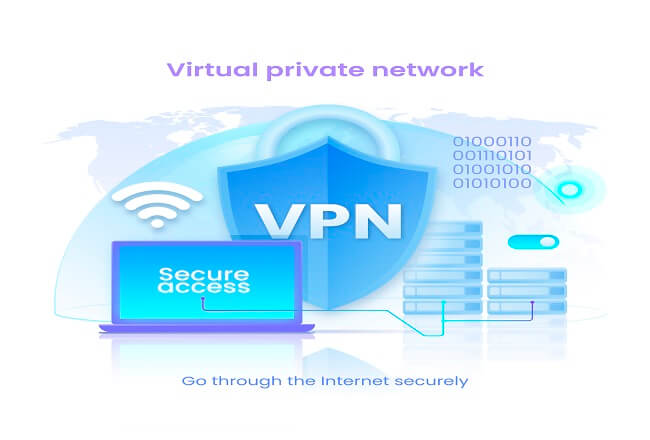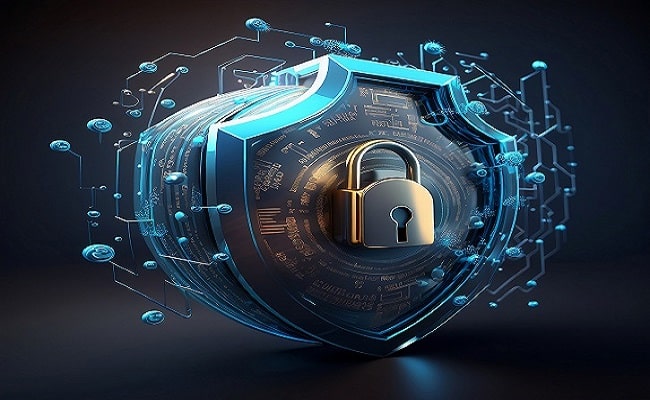In recent days, in which nearly everyone uses some sort of device connected to the Internet; whether it can be a home or work computer, notebook, tablet, or cellular device, we all connect to the online one way or another.
Even many gaming consoles maintain a constant connection through the power of Wifi. So with all these devices connected to the great expansive Internet.
If you enhance the online privacy, you may reduce the susceptibility to unwanted surveillance, data breaches, identity theft, and other cyber threats.
Harmful viruses, Malware, Spyware, worms, and similar programs are a looming threat. Less mentioned but similarly dangerous are tracking cookies and IP address tracking programs which can determine your physical location, your browsing history, patterns or favorites.
Or otherwise compromise your right to privacy and confidentiality when connected to the Internet.

This violation of your privacy is as dangerous as a file-destroying virus or worm. The intimate knowledge of your browsing patterns could allow someone in control of them to deduce which websites you use, the banks with which you have accounts or even the social networking profiles.
Often this is harmless, allowing websites to store your favorites and allow you to find what you are looking for quicker and easier. Alternatively, this information could also allow websites to badger you with pop-ups they believe you would want to see. This can also allow hackers to determine with which websites you have accounts and try to access them.
This means your bank accounts could potentially be at risk. Your online social life could become open to any number of websites to hound with advertisements or share your favorites and interests with marketing and advertising companies to try to make a quick buck with pop-ups and ads.
For most, this is a nuisance to which pop-up blockers and regularly deleting your cookies becomes a simple solution. But to others, who may have lost sensitive and/or personal information to the online “black market,” the damage may be irreparable.
This comprehensive, user-friendly software with your privacy in mind offers the ability to block your IP address from websites, so your computer’s virtual identity and your physical location remain confidential.
This proxy service allows your computer to use the IP address of another location. It forces websites to believe you are in another location on another computer, and never know the difference. Your personal IP address remains completely hidden.
Additionally, it offers security and safety from tracking cookies, adware and malware, and any attempts by a website to ascertain your browsing habits, history, or location.
Specific customizable settings exist for users who frequently send out e-mails, download or torrent, or stream media. These optimize the security for those specific activities. And of course, just browsing the web becomes completely safe and anonymous.
Through web services such as SafeIP, one can privately and securely enjoy their online experience, whether for business or for casual browsing and downloading. One’s personal information is viewed as valuable and is irreplicable if taken and/or distributed.
Losses due to this information distribution can be financially or emotionally devastating. But, it can be easily prevented through the use of a proxy service to hide your online identity from everyone but yourself.
Tips to Maximize Your Online Privacy
You can follow these tips to enhance your online privacy.
Use Virtual Private Network

A VPN encrypts your online traffic, making it harder for anyone to intercept or monitor your internet activities. However, you can should be choosy to select the right VPN. You can choose the reputed VPN provider to get the best services.
Take Action For Browser Security
You can use private browsing modes such as Incognito. You can also install extensions to enhance privacy like uBlock Origin or HTTPS Everywhere. You can also disable third-party cookies and regularly clear your browsing history, cookies, and cache. Apart from that, you can use browsers like Brave or Tor which will surely take care of your browser’s privacy.
Use End-to-end Encrypted Messaging
You can use Signal, WhatsApp, and Telegram, these companies provide end-to-end encryption. These will make your communications more secure.
Handle Social Media Carefully
You should limit the personal information you share on the social media. You must utilize the platform’s privacy settings to restrict who can see your content.
Use Strong Password

You can use strong and unique password. You can also use password manager which will help to generate and store complex passwords in a more secure way.
Privacy Of Email
You should consider encrypted email services like ProtonMail or Tutanota. You should also keep in mind that, not to click on suspicious email links or attachments.
Two-Factor Authentication
You can enable 2FA wherever possible. You should also use authentication apps (like Authy or Google Authenticator) over SMS verification.
Use Secure Wi-Fi Connections
You should always avoid public Wi-Fi connections in case of sensitive task. However, if you don’t have any options but using it, must use VPN.
Final Notes
You must educate yourself to enhance the online privacy. You should be proactive in general. While no method guarantees complete privacy, if you maintain these practices, it will significantly reduce risks. In the digital age, the objective is to make it as difficult as possible for unauthorized entities to access your personal data.

